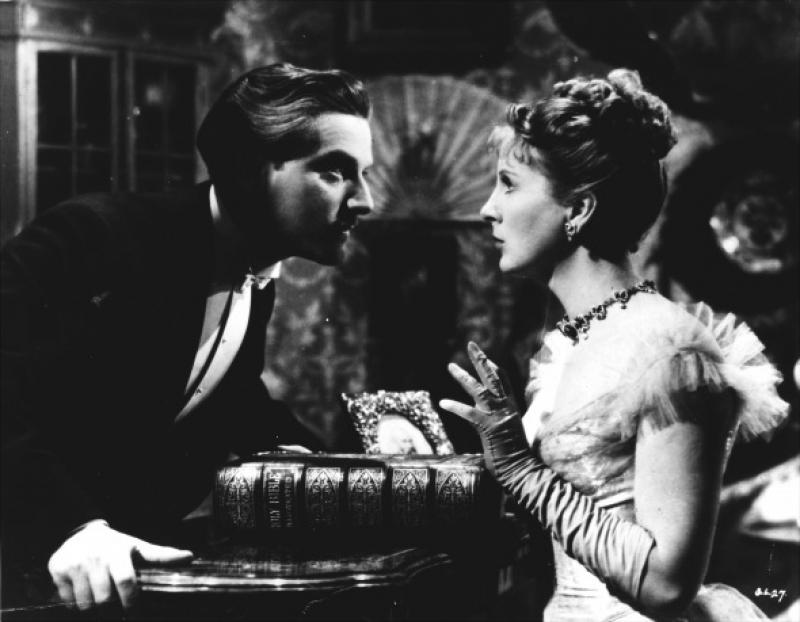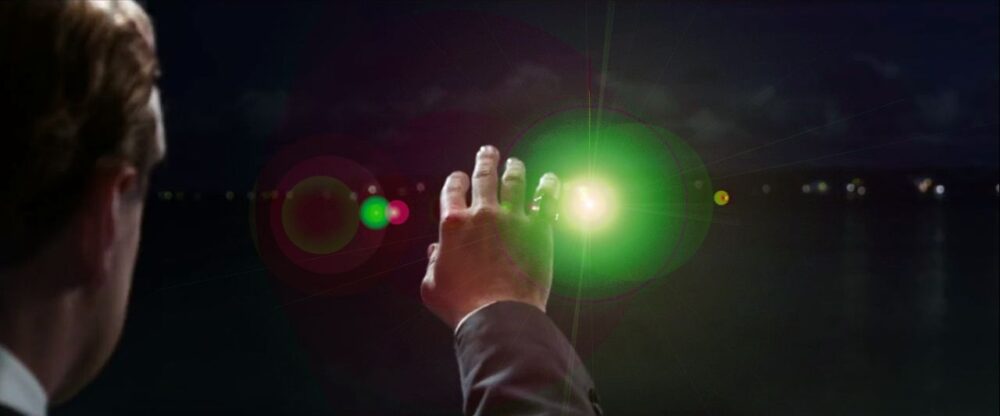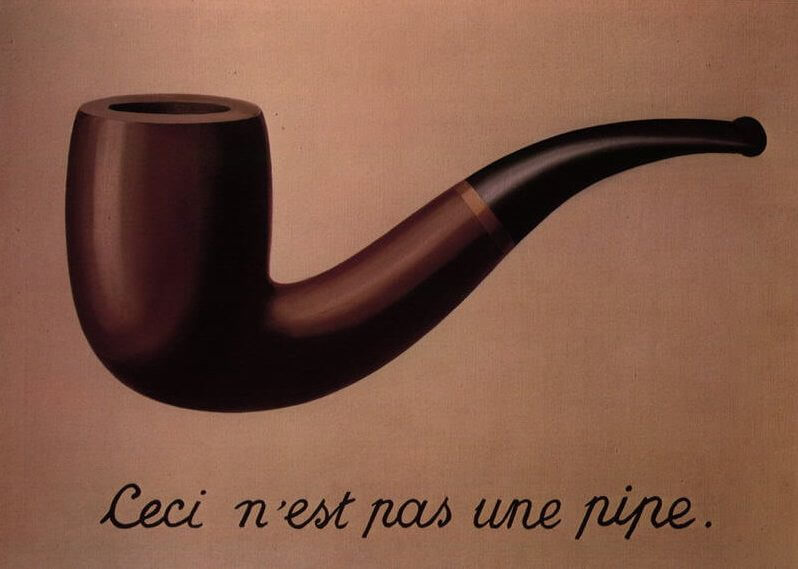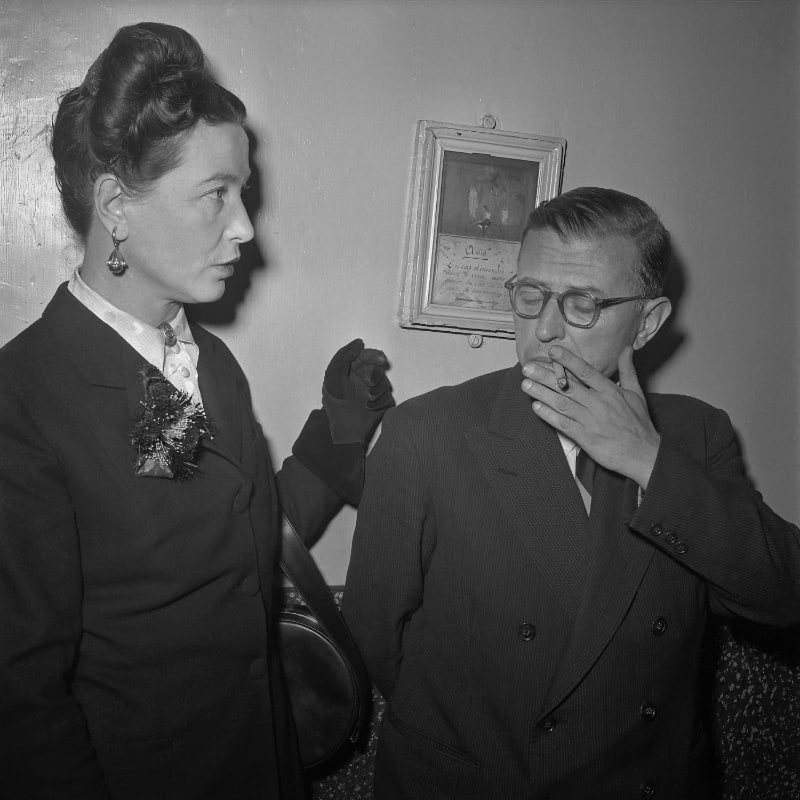In the labyrinth of our existence, we often encounter shadows lurking not only in the corners of our consciousness but also in our relationships. Among them, a formidable spectre is gaslighting, a manipulation that distorts perception and warps the fabric of reality. It is a dance of doubt led by a partner whose steps are as insidious as they are elusive.
The affected person, like a character in Sartre’s plays, experience a crisis of self as their perception of reality is constantly undermined. The gaslighter, a maestro of deception, orchestrates a reality that is as seductive as it is destructive, proffering a mirror that reflects not the truth, but a distorted likeness of it.
Understanding the Term
In the shadowy corners of a 1940 film titled “Gaslight,” there’s a tale that eerily mirrors a phenomenon we’ve come to know all too well in our own lives. The film’s protagonist, Gregory, engages in a subtle yet sinister manipulation of the gas lights in his home. His wife, left to question the dimming lights she sees only when alone, spirals into a state of self-doubt, questioning her very sanity.

Nowadays, the term “gas lighting” encompasses a wider and more dangerous reality. It’s no longer just about dimming lights, but about dimming perceptions. It involves distorting or fabricating information to shake someone’s trust in their own senses, reasoning, and past events. In this modern dance of deception, the gaslighter’s intention is clear: to destabilise and disorient, leaving their victim in a haze of doubt and confusion.
Chasing the Green Light
In my practice, I’ve encountered those who are deeply affected by the cruel game of gaslighting. Their stories resonate with a familiar struggle – a fight against constraints not set by destiny, but crafted by someone else’s manipulation. These experiences reveal a troubling paradox: the harder they seek clarity, the more elusive it becomes. The echoes of gaslighting often bring to mind the haunting image of Gatsby’s green light from F. Scott Fitzgerald’s renowned novel. This elusive light, shimmering across the bay, symbolises Gatsby’s deep-seated hopes and unfulfilled desires for a future with Daisy.

It’s a beacon of aspiration and longing, always visible, yet eternally out of reach, much like the truth for those ensnared in the manipulative web of gaslighting. In these situations, individuals yearn for the clarity and stability of their reality and truth, but like Gatsby’s outstretched arms toward the green light, they find their efforts thwarted. The truth, although seemingly within view, remains perpetually distorted and unattainable, obscured by the fog of deceit woven by another. This striking parallel aptly encapsulates the profound sense of frustration and the endless pursuit of an ungraspable reality that characterises the experience of being gaslighted.
Diverse Viewpoints
In the realm of therapeutic insights, each school of thought could dissect gaslighting from its unique vantage point. Consider the psychoanalytic perspective, notably articulated by Nancy McWilliams. Here, the gaslighter, often cloaked in narcissism, engages in a cycle of elevating and then devaluing their victim. This constant swing between extremes erodes the victim’s sense of a stable reality, plunging them into a world rife with doubt and a diminished sense of self. Through this lens, we see gaslighting as a deep-rooted psychological tactic, affecting far more than just the surface of interpersonal dynamics.
Existential perspective offers its unique proposition where gaslighting is not merely a psychological manipulation but an assault on one’s very being. It challenges the fundamental existential freedoms — to perceive, to understand, to be. The victim, much like a character in an absurdist play, finds themselves questioning the very stage upon which they stand.
Trapped in Bad Faith
Existential approach, with its focus on subjective experience, authenticity, and freedom, offers a unique lens to understand the profound effects of gaslighting. For instance we might find a connection with Jean-Paul Sartre’s idea of ‘bad faith’ – the way we sometimes deny our freedom and dodge responsibility, a sort of inner evasion from making hard choices.
In the realm of gaslighting, this concept takes on an unexpected twist. Here, those on the receiving end are led into a maze of doubt about what they see and remember, not by their own doing, but through the manipulator’s crafty designs. It’s a coerced drift into ‘bad faith,’ where victims find themselves discounting their own reality under the gaslighter’s influence. This tangle of lost authenticity, where one’s true experiences are overshadowed by the gaslighter’s false narrative, highlights a crucial point where gaslighting meshes with bad faith. It serves as a stark reminder of how essential it is to hold onto our perceptions and truths, especially when they are under siege.
The Erosion of Authenticity: Losing Oneself to Gaslighting
The essence of one’s authenticity faces a significant challenge while being gaslighted. It’s akin to being subtly rewritten in a narrative not of your own making. The gaslighter’s story starts to overrun your own, leading to a life that feels unfamiliar, almost as if scripted by someone else. This is more than just a distortion of self; it’s about your choices, relationships, and interactions beginning to reflect another’s influence. The real you, shaped by distinct experiences and values, begins to dim, leaving you feeling disconnected from your true self. This erosion of existential authenticity, where you drift away from your own truth, is a deeply impactful yet often overlooked consequence of gaslighting.

Agency and Subjectivity
Gaslighting erodes the victim’s agency, their ability to act independently and make free choices. It undermines the subjectivity of the victim, making their perspective and feelings seem invalid or unreal. This erosion of agency and subjectivity is central to the existential crisis that gaslighting precipitates.
Alienation and Isolation
Philosophers Martin Heidegger and Karl Jaspers spoke of alienation and isolation, concepts that find a disturbing echo in the experience of gaslighting. Persons affected find themselves in a chasm of disconnect, not only from others but from their very sense of self. This alienation is deepened by the manipulator’s deliberate actions, severing the victim’s ties with supportive networks and leaving them adrift in a sea of distorted reality.
The Stripped Freedom
In the grand scheme of existentialism, freedom and choice are paramount. Gaslighting, in its cruel form, strips away this freedom, leaving victims doubting their ability to make valid choices. This erosion of trust in one’s decision-making capabilities is a direct assault on existential freedom – the very freedom that defines our essence and our reality.
De Beauvoir and Sartre: Exploring Gaslighting in Existentialist Context
In our examination of gaslighting through an existential lens, the bond between Simone de Beauvoir, hailed as the mother of the modern women’s movement and the iconic author of “The Second Sex,” who many consider the greatest French woman of the 20th century, and Jean-Paul Sartre, one of the best known European public intellectual of the twentieth century, stands as a profoundly illustrative example, especially considering their monumental roles in existentialist thought.

De Beauvoir and Sartre, inseparable and aligned in their ideas, defied societal norms by staying unmarried, which gave them the freedom to openly engage in various relationships. Yet in this lifelong relationship of supposed equals, he, it turned out overshadowed de Beauvoir.
They were an iconic couple, already legendary beings, rebels with numerous causes, and pioneers of what could be considered the initial postwar youth movement: existentialism – a philosophy that rejected all certainties and discussed freedom, authenticity, and challenging decisions.
Their interaction presents a subtle yet striking instance of gaslighting, intertwining personal dynamics with the complexities of existential philosophy. Sartre, cast a shadow over Beauvoir’s intellectual self-confidence, leading her to doubt her ability to reason and think independently. His suggestion not only diminished her, but also exposed societal prejudices against women’s authority. This form of testimonial injustice against Beauvoir was a manipulation that went beyond their personal sphere, affecting her contributions to philosophy and reinforcing the cultural ignorance surrounding women’s intellectual capacities. Hence, their relationship offers an interesting case study within the broader discourse of gaslighting, framed by the very existential principles they helped to define.
Overcoming Gaslighting
The journey to overcome the effects of gaslighting can also be framed existentially. It’s about reclaiming your reality and autonomy, echoing the quest for an authentic existence. This path involves gradually rebuilding trust in your own perceptions and judgments, reaffirming your capacity to define your own reality.
Starting on the path to recovery from such mental exploitation begins with a challenging yet crucial step: recognising that you’re being manipulated. It’s like standing at the edge of a deep abyss, gathering the courage to look into its depths. This acknowledgment is the first stride back to your true self, a journey of piecing together the scattered puzzle pieces of your trust in your own thoughts and judgments. Though daunting, this step is as freeing as it is demanding, setting the stage for reclaiming your sense of self.
In this exploration, the role of a therapist often becomes crucial, serving as a guide through the maze of doubts and confusion. The therapist often becomes a Virgil, guiding the Dantean soul through the circles of doubt and confusion. The goal transcends merely emerging from the shadow of gaslighting; it’s about rediscovering your authenticity, to stand firmly grounded in your truth.
In light of existential approach, which emphasises personal responsibility and choice, it’s important to recognise that while the gaslighter initiates the deceptive behaviour, you hold the power to choose your response. The onus of this psychological manipulation indeed falls on the manipulator, but your journey of healing and response is your own. Through therapeutic exploration and support, you’re empowered to make decisions that resonate with your values, to establish boundaries, and to rediscover the strength needed to move forward from the relationship. This path, though challenging, is a testament to your ability to exercise your freedom and to reaffirm the authenticity of your existence.
© 2023, Max Karlin. All rights reserved.




